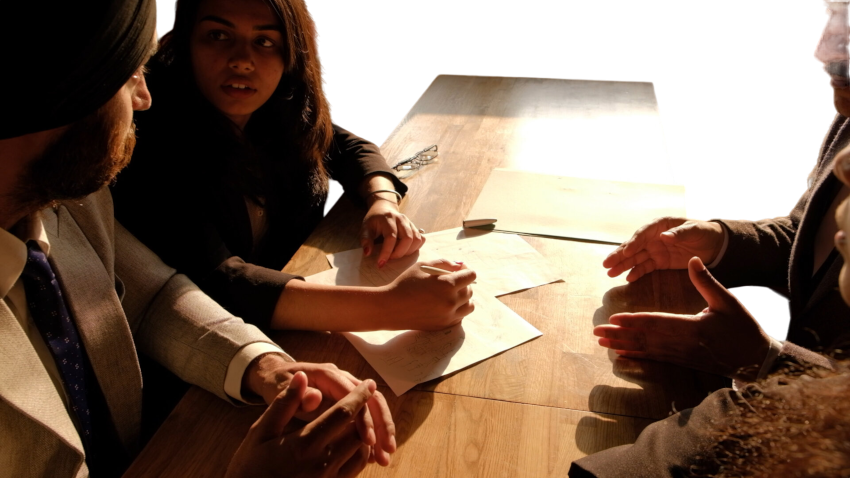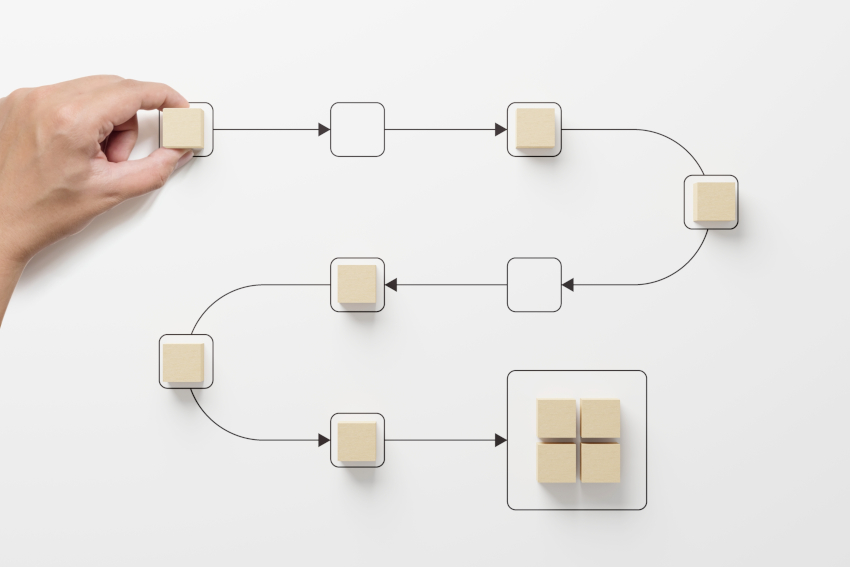When it comes to mediation, one thing to keep in mind is the importance of positive communication. In mediation, two parties have the chance to come together and work towards reaching an agreement – but only if each side communicates properly and openly with the other. Positive communication during mediation can do wonders for conflict resolution, as it encourages collaborative thinking and empathy, enabling each party to understand their opponent’s perspective better.
High Plains Mediation (HPM) understands the key element in mediation which facilitates this kind of dialogue is the mediator - an unbiased third-party who remains neutral throughout negotiations. The role of a mediator is not only to ensure that both sides remain civil and respectful while sharing their views, but also to create an environment where they feel free to express themselves without fear of judgement or reprisal.
Positive communication can be encouraged right from the beginning by providing both sides with an opportunity to explain their respective positions on the issue at hand before jumping into discussions about potential solutions. This gives each party a chance to air out any grievances or misunderstandings without them having to worry about immediate rebuttal from their counterpart; it also helps foster trust and understanding between the two groups as they realize that everyone wants the same outcome: a resolution which pleases both parties involved.
Moreover, positive communication during mediation does not focus solely on talking – active listening is just as important for successful mediation sessions. Techniques such as paraphrasing or repeating back what has been said are invaluable tools for achieving understanding between both sides, as it shows that you’re really paying attention and trying your best to comprehend what’s being expressed. Additionally, asking questions helps clarify points which might be confusing or ambiguous, while also showing that you care enough about resolving this matter quickly and effectively.
Finally, mediation should always end with a mutual understanding between all parties involved; so even if there needs to be some give-and-take on either side in order for an agreement to be reached - it’s important that everyone walks away feeling like they were heard and had their say within those negotiations. This kind of closure ensures that both sides will go forward with respect towards one another regardless of how difficult or lengthy those conversations may have become during mediation sessions!
In conclusion, mediation offers an incredibly useful tool for resolving conflicts in a constructive manner - something which cannot always be achieved when attempting direct negotiations between two opposing parties. HPM thinks that through effective use of positive communication skills (such as active listening) as well as openness towards finding solutions which benefit all involved, mediation truly provides a great way forward when trying to move past disagreements or disputes quickly and amicably!
Check out these references:
- University of Maryland - Workplace Mediation Service - "Mediation Techniques and Resources for everday situations and conversations"
- Mediate.com - Thomas Repicky - "How to Talk and Listen Effectively in Mediation"











